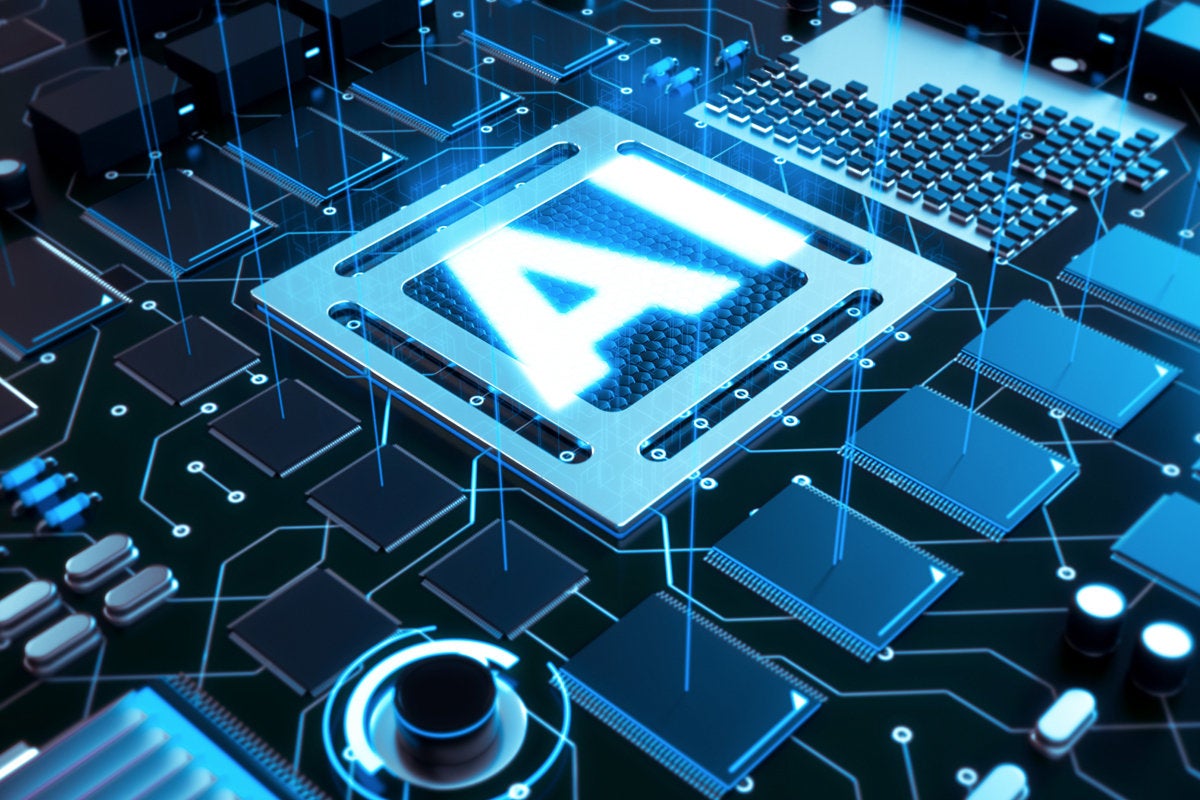- 5 Pocket replacements that might even be better than the original
- This smartwatch combines advanced health tracking with a classy design - and I love it
- Tenable Announces Intent to Acquire Apex Security to Expand Exposure Management Across the AI Attack Surface
- Thousands of ASUS Routers Hijacked in Stealthy Backdoor Campaign
- Why I prefer this portable SSD for work travel over my Samsung and Sandisk
Are Tesla’s Dojo supercomputer claims valid?

Self-driving cars must possess the ability to recognize road conditions, make decisions and take appropriate action, all in real time. This requires on-board artificial intelligence (AI) that ensures vehicles are able to “learn,” along with super-fast processing power.
Tesla unveiled a custom AI chip back in 2019 and soon began manufacturing cars with it. Now Tesla has unveiled a second internally designed semiconductor to power the company’s Dojo supercomputer.
The D1, according to Tesla, features 362teraFLOPS of processing power. This means it can perform 362 trillion floating-point operations per second (FLOPS), Tesla says.
Now imagine harnessing the processing power of 25 D1 chips into a training tile, and then linking together 120 training tiles through multiple servers. That’s what Tesla is doing with the Dojo supercomputer for its autonomous cars. And with each training tile containing 9PFLOPS of computing power, Dojo has (by my possibly inaccurate calculations) 1.08 exaFLOPS of power under its hood (Tesla calls it 1.1EFLOPS).
That kind of horsepower would make Dojo more than twice as fast as the currently acknowledged fastest supercomputer in the world, Fugaku. Built by Fujitsu, this supercomputer reaches speeds of 442PFLOPS.
Supercomputers already are being used to accelerate medical research and drug development because they are capable of quickly processing massive amounts of data. Indeed, researchers have relied on supercomputers to power COVID-19 research since the pandemic began in early 2020.
But other industries also are leveraging the extra processing speed of supercomputers, which are being used for oil and gas exploration, space exploration, climate modeling, financial modeling, 3D modeling, lingerie modeling (kidding!), weather forecasting, consumer product design, digital security (brute-force code breaking), and nuclear-test simulations.
And yet one can’t help but wonder about Tesla’s claims regarding Dojo, particularly in light of the National Highway Traffic Safety Administration’s (NHTSA) investigation into Tesla’s AutoPilot advanced driver assist system (ADAS) following multiple car crashes, some of which were fatal. As as Wired pointedly noted last April in reference to a fatal crash in Texas involving a Tesla on AutoPilot, “the incident again highlights the still-yawning gap between Tesla’s marketing of its technology and its true capabilities, highlighted in in-car dialog boxes and owners’ manuals.”
To be fair, Tesla is far from the first or only tech company whose marketing claims arguably have gotten far ahead of reality. Still, it’s one thing when a wireless extender or productivity app fails to work as advertised; it’s an entirely different matter when the car you’re riding in fails to detect the presence of a tractor-trailer stopped at the red light directly in front of you. It’ll be interesting to see how the NHTSA investigation turns out.
Regardless, the impressive performance of Dojo could spark interest among the world’s researchers whose data centers house supercomputers of their own. Perhaps it could be another line of business development for Tesla CEO Elon Musk beyond electric vehicles, solar panels, charging stations, spacecraft, brain-computer interfaces, and high-speed trains running through vacuum tunnels.
One more interesting note about Tesla and AI: The company is developing an AI-powered, humanoid robot. As The Motley Fool reports, “The so-called Tesla Bot will weigh 125 pounds, walk up to 5 miles per hour, and will be 5-foot-8 tall. It will also be able to carry up to 45 pounds. According to CEO Elon Musk, the bot will eventually eliminate the need for humans to take part in boring, repetitive, and/or dangerous tasks.”
If you’re interested (and have three hours to spare), here’s a YouTube video of presentations during Tesla AI Day when the D1 was introduced.
Copyright © 2021 IDG Communications, Inc.

